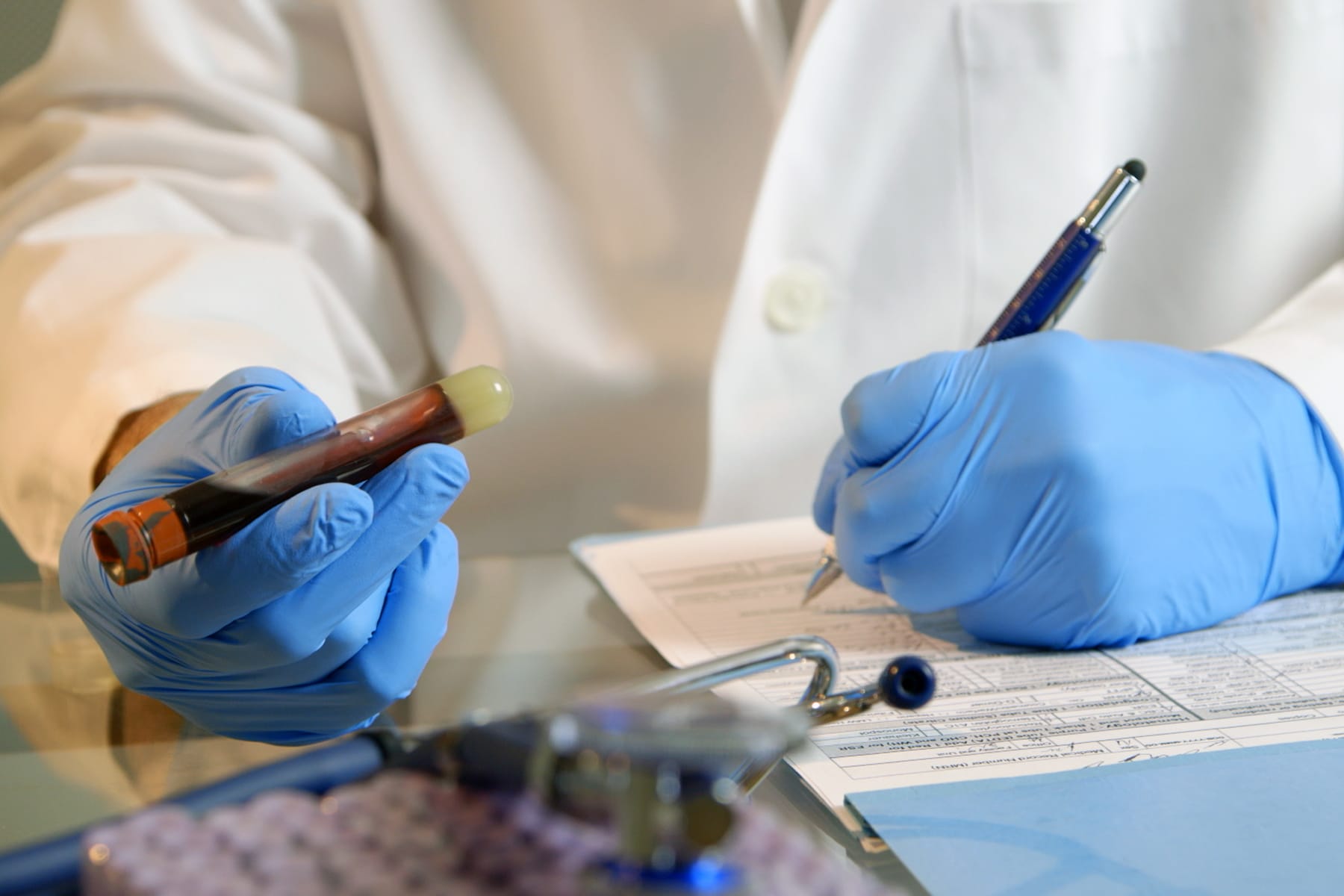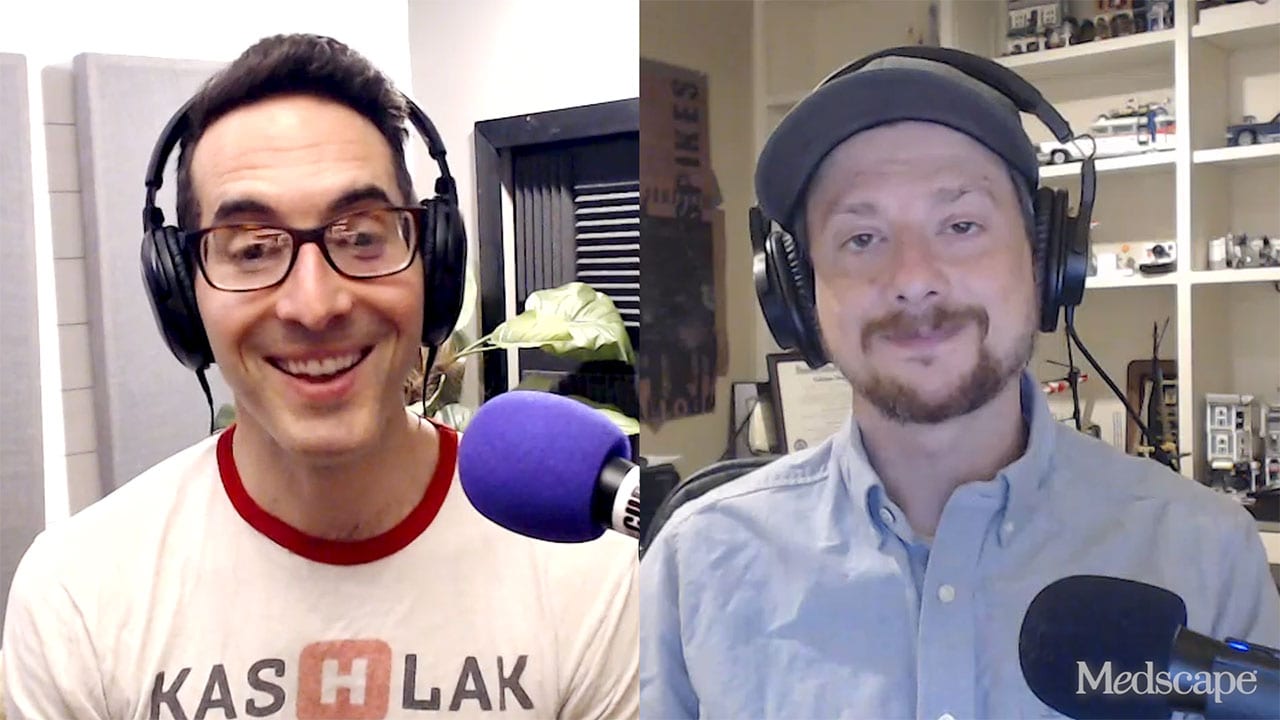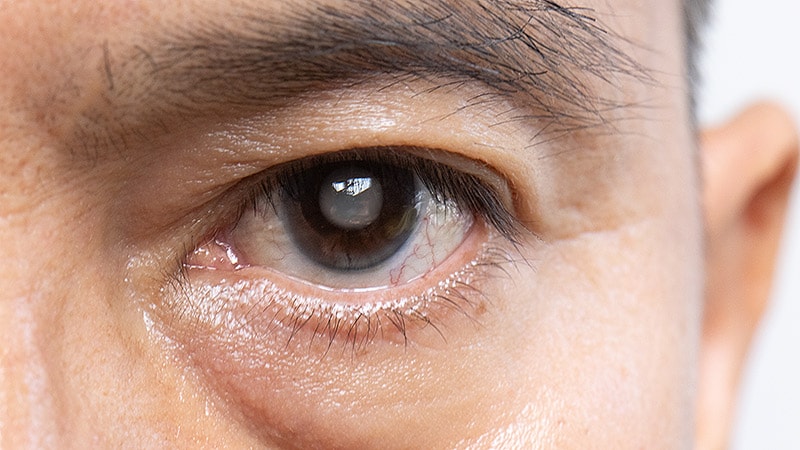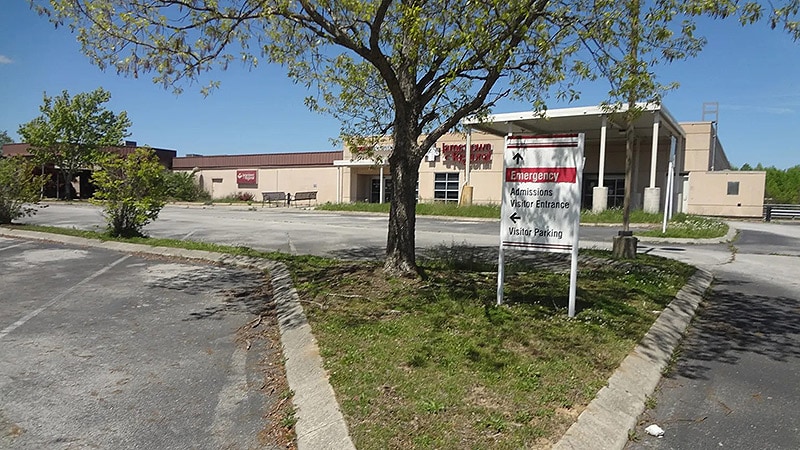This transcript has been edited for clarity.
Hello. I'm David Kerr, professor of cancer medicine from University of Oxford. I've had a long-term interest in the use of aspirin, both COX-1 and COX-2 inhibitors, to see what we can do to reduce incidence and improve mortality for patients with colorectal cancer. I'm going to make a bold statement and say that long-term daily use of aspirin reduces incidence and mortality due to colorectal cancer.
There is a recent study produced by an excellent Italian group who've looked at the immune microenvironment in aspirin users. They studied a relatively small cohort of patients with colorectal cancer, but in enormous detail. It was a group of around 240 patients who were in their larger cohort of aspirin users. They found that nodal metastases were significantly less frequent and tumor-infiltrating lymphocyte infiltration was significantly higher in aspirin users.
They then did a variety of work, pursuing the immunologic kitchen sink, trying to understand those initial observations, both in tumor tissue and in cell lines. They found that, in the healthy mucosa surrounding the tumor in aspirin-treated individuals, the ratio of CD8 to CD3 and epithelial cells expressing CD80 was significantly higher in aspirin users.
Here we have a plausible mechanistic insight as to how aspirin might have this role in reducing incidence and mortality of colorectal cancer. Most work has been pharmacologic and focused on the impact of aspirin on platelet function through various prostaglandin synthesizes and so on, looking, importantly and relevantly, at the anti-inflammatory properties.
Here, in addition to an anti-inflammatory effect, there's a positive immunoregulatory effect switching the tumor microenvironment and switching the adjacent rectal mucosa to an environment that is more open to immune recognition and destruction.
This is a really nice paper that adds to the volume of work on aspirin that we're seeing coming through. Please have a look at it and tell me what you think. I think it was very well conducted. It's something which I hope that, using our own data, we will be able to look at and hopefully validate.
As always, thanks indeed for listening. This is another one in the aspirin series, but it's a plausible piece of science and some quite promising work on the tumor immune microenvironment and the effects of aspirin on it.
Medscapers, thanks for listening. Post any comments and tell me what you think. Speak soon. Over and out.

.webp) 6 days ago
7
6 days ago
7


























 English (US)
English (US)